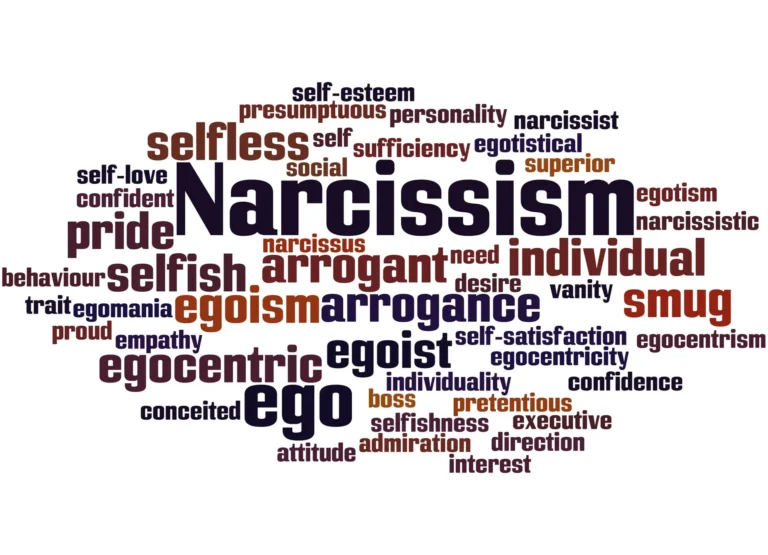Navigating Divorce from a Narcissist: Legal and Emotional Considerations
Divorce is never easy, but when you’re divorcing a narcissist, the challenges can multiply quickly. From drawn-out custody battles to dealing with constant manipulation and gaslighting, the legal and emotional toll can feel overwhelming. If you’re navigating divorce from a narcissist, it’s crucial to understand both the legal and emotional aspects involved, so you can protect your mental health and your rights. In this post, we’ll cover everything from custody battles with a narcissist to practical tips for managing narcissistic manipulation during divorce proceedings. You don’t have to face this battle alone, and knowing what to expect can empower you to move forward with confidence.
Understanding Divorce from a Narcissist
Divorce is difficult enough on its own, but when your ex-spouse is a narcissist, things can get complicated fast. A narcissist typically has an inflated sense of self-importance, lacks empathy, and craves admiration. When faced with the loss of control during a divorce, their manipulative behaviors can escalate, often turning the process into a high-conflict ordeal.
One of the most common tactics used by narcissists during divorce is gaslighting—a psychological manipulation technique where the narcissist denies reality, causing the victim to question their own perceptions. This can leave you feeling confused and doubting yourself at a time when clarity is essential.
Additionally, narcissists often use children as pawns in custody battles, making outrageous demands or using legal maneuvers to maintain control. They may lie, exaggerate, or manipulate court proceedings to paint themselves as the better parent, which can cause emotional distress and prolong the legal process.
How Divorce from a Narcissist Affects Mental Health
The emotional toll of divorcing a narcissist can be significant, as their manipulative behaviors impact your mental well-being. Narcissistic manipulation during divorce can lead to heightened levels of stress, anxiety, and even depression. Many people report feeling trapped, isolated, or overwhelmed as they face constant accusations, shifting narratives, and attempts to control the situation.
Gaslighting during divorce proceedings can exacerbate these feelings by making you doubt your decisions and memories. The longer this goes on, the more it can erode your self-confidence, leading to feelings of worthlessness or hopelessness. Physically, the stress can manifest in symptoms like headaches, fatigue, and digestive issues.
Effective Strategies for Managing Divorce from a Narcissist
While divorcing a narcissist is undoubtedly challenging, there are effective strategies to help you manage both the legal and emotional hurdles:
- Set firm boundaries: A narcissist will try to push your limits, so it’s important to set clear boundaries regarding communication and interactions. Limit contact to what is necessary, ideally through a third-party or legal counsel, and avoid emotional engagement.
- Document everything: Narcissists often lie or twist the truth, so keeping meticulous records of interactions, financial details, and communication is essential. This documentation can be crucial in court when dealing with custody battles or financial disputes.
- Lean on your support system: Whether it’s friends, family, or a therapist, having a support system is key. Narcissistic manipulation can make you feel isolated, so staying connected to people who care about your well-being can help maintain your sense of self-worth.
- Therapeutic support: Therapy can be an invaluable tool during a narcissistic divorce. A therapist experienced in narcissistic abuse can provide you with coping strategies to manage the emotional turmoil, help you recognize manipulation tactics, and rebuild your self-esteem.
- Legal guidance: It’s important to find a lawyer who understands the complexities of divorcing a narcissist. Your legal counsel should be prepared for high-conflict situations and able to advocate fiercely on your behalf, particularly in matters related to custody and property division.
How McNulty Counseling Can Help
At McNulty Counseling and Wellness, we understand the unique challenges that come with divorcing a narcissist. Our licensed therapists are experienced in helping individuals navigate the emotional complexities of narcissistic abuse and manipulation. We provide a safe, non-judgmental space for you to process your feelings, regain your confidence, and develop coping mechanisms tailored to your situation.
Whether you need support dealing with the stress of custody battles or guidance on managing a narcissist’s manipulative behaviors, we are here to help. Our team offers individual counseling as well as group therapy options, where you can connect with others who are facing similar struggles. You don’t have to go through this alone—professional help is available to guide you through this tough time.
Conclusion
Divorcing a narcissist can feel like an uphill battle, but with the right strategies and support, you can regain control over your life. Remember to set boundaries, document interactions, and seek both legal and emotional support. At McNulty Counseling and Wellness, we are here to help you navigate this difficult journey with empathy and expertise.
If you need guidance or support during your divorce from a narcissist, don’t hesitate to contact us. Call us at 727-344-9867 or complete a contact form to schedule a consultation.







